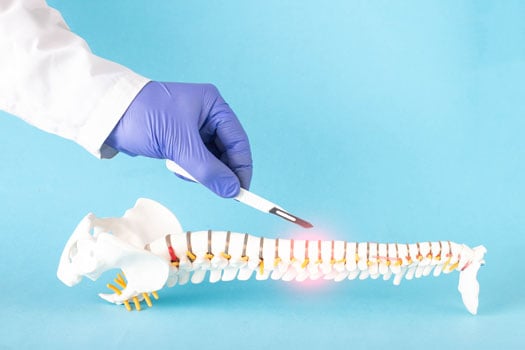If the same disc irritates a nearby nerve again after the initial surgery and recovery period, it's referred to as reherniation. Painful herniation following a discectomy, the back surgery procedure often performed to relieve nerve ...
Read More








